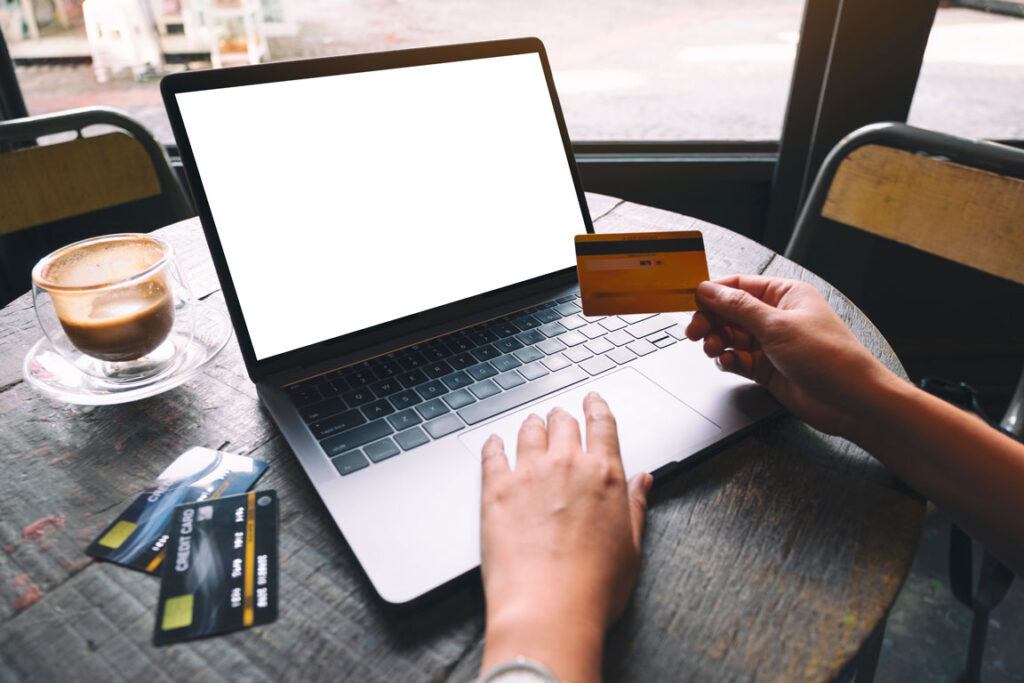Our Bankruptcy 101 articles cover a wide array of topics, providing you with a better understanding of the bankruptcy process. This article will highlight some of the primary aspects of bankruptcy we have discussed.
Bankruptcy Terminology
The Means Test
The means test is essentially an evaluation which helps determine if you have enough disposable income to pay off your debts. The means test mainly requires data consisting of your income, expenses, and information such as the number of family members in your household.
What Happens if I Pass the Bankruptcy Means Test?
Passing the bankruptcy means test enables you to move forward on filing for Chapter 7 bankruptcy. And successfully filing for Chapter 7 bankruptcy can provide you with the financial fresh start you deserve. In Chapter 7 bankruptcy, almost all of your unsecured debts will be forgiven; this includes debts such as credit card payments, medical expenses, and other debts that have been causing you to struggle financially.
What Happens if I Fail the Bankruptcy Means Test?
Failing the bankruptcy means test prevents you from being eligible for Chapter 7 bankruptcy for the six months after taking the test. And six months is a long time when it pertains to your financial well-being which is why it is so important to have the right bankruptcy attorneys by your side. The bankruptcy lawyers at Todd Cushner & Associates have the knowledge and experience necessary to help you throughout this process, aiding you in achieving your desired results.

Automatic Stay
In short, an automatic stay prevents creditors from harassing you concerning debts previously owed to them. This injunction is imposed directly after filing for bankruptcy.
Credit Counseling
Essentially, pending exceptions, you must complete two credit counseling sessions with US DOJ verified counselors before filing for bankruptcy. These informational sessions provide you with additional knowledge on managing your finances responsibly.

Discharges
There is a good chance that many of your debts are unsecured debts and are therefore eligible for discharge through bankruptcy. Some of the unsecured debts that can be discharged through bankruptcy include:
- Credit card payments
- Medical expenses
- Utility bills such as telephone, electric, and other related expenses
- Personal loans
- Student loans
- Non-delinquent income taxes
Unsecured Debts
Unsecured debts are loans that are not reinforced by underlying assets or collateral. This means that if it is not feasible for you to be able to pay off these debts, the lender or creditor may not be able to force collection.
What Specific Types of Debts Can This Cover?
Typically, unsecured debts include credit card payments, medical bills, utility bills, and personal loans. After successfully filing for bankruptcy, these unsecured debts will be discharged, saving you from having to make any further payments. At Todd Cushner & Associates, our bankruptcy litigation experts will work with you to help ensure all your unsecured debt is discharged, minimizing your financial burden.

